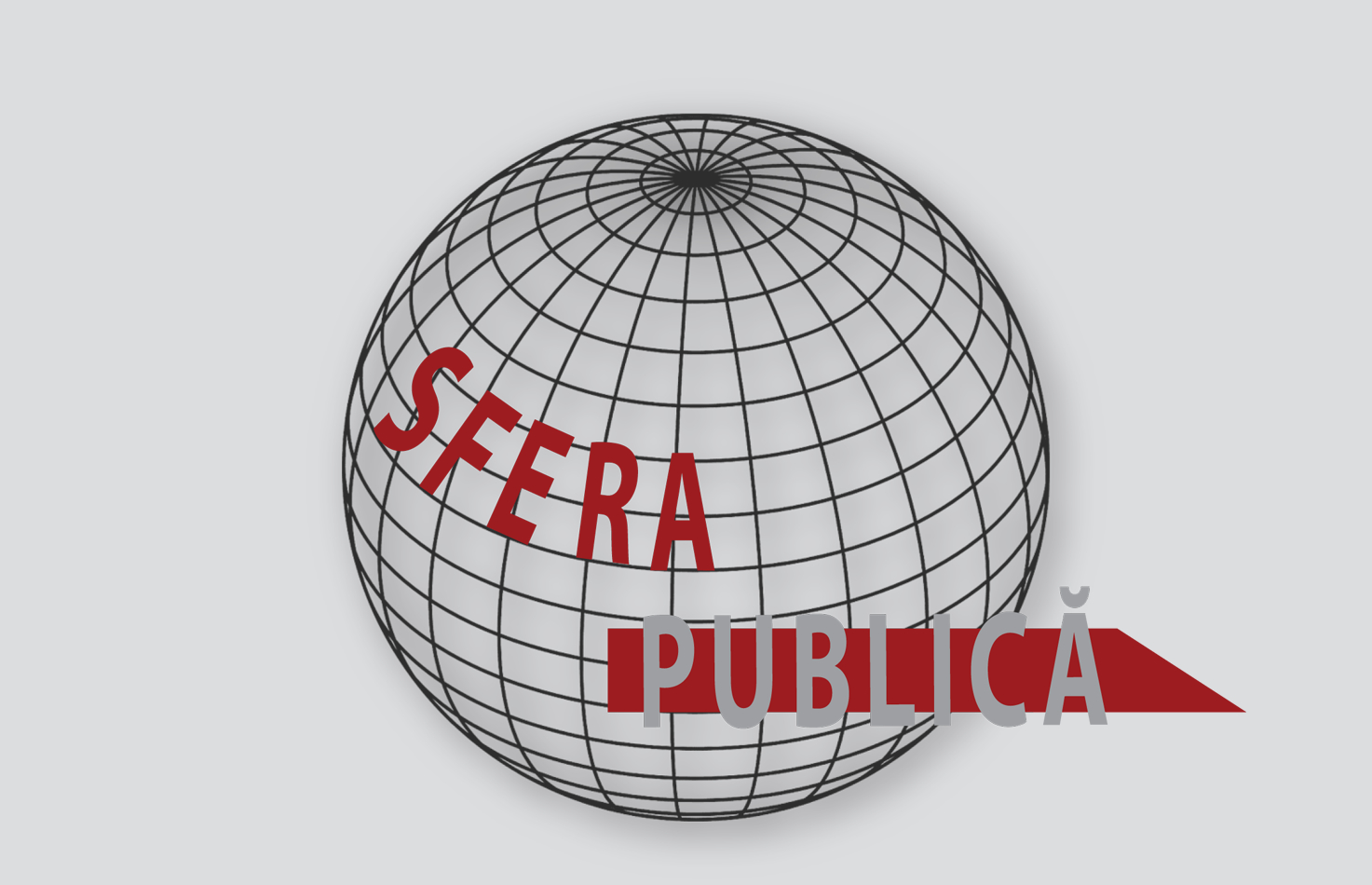Războaiele prin intermediari, un model cheie al conflictului politic și al concurenței interstatale
Proxy Wars, a Key Model of Political Conflict and Interstate Competition
Author(s): Andreea Narcisa BuducaSubject(s): Politics / Political Sciences, Politics, Political Sciences, Security and defense, Military policy, Geopolitics
Published by: Editura Universității de Vest
Keywords: Proxy warfare; surrogate forces; S.U.A.; Iran; Irak;
Summary/Abstract: The international scene of the 21st century is characterized by unpredictibility, dynamism and complexity. The new types of confrontations – the hybrid ones - incorporate a new asymmetric typology of war in which the ambiguous identity of the involved actors represents the main advantage. War through proxies, because about, this is about, represents a strategic innovation in which a state or non state actor is involved in a conflict via surrogate forces. The plausible deniability of the intermediate relationship between the benefactor actor and the proxy generates, on the one hand, short term strategic advantages and, on the other hand, leads to an escalation of the conflict in long term. The case of the proxy warfare between the U.S.A. and Iran, which involved the Iraqi state and its substate entities accurate exemplify this hipothesis. Proxy interventions under the pretext/ pressure of the emergence imposed by the Islamic State in the region generates two waves: the first one facilitates the achievement of short term goals and the second one exacerbates the tensions between actors; in this sense, the second wave is generating instability in the Middle East region and is establishing the premises of a total war.
Journal: Public Sphere
- Issue Year: 2/2021
- Issue No: 1
- Page Range: 253-269
- Page Count: 17
- Language: Romanian

